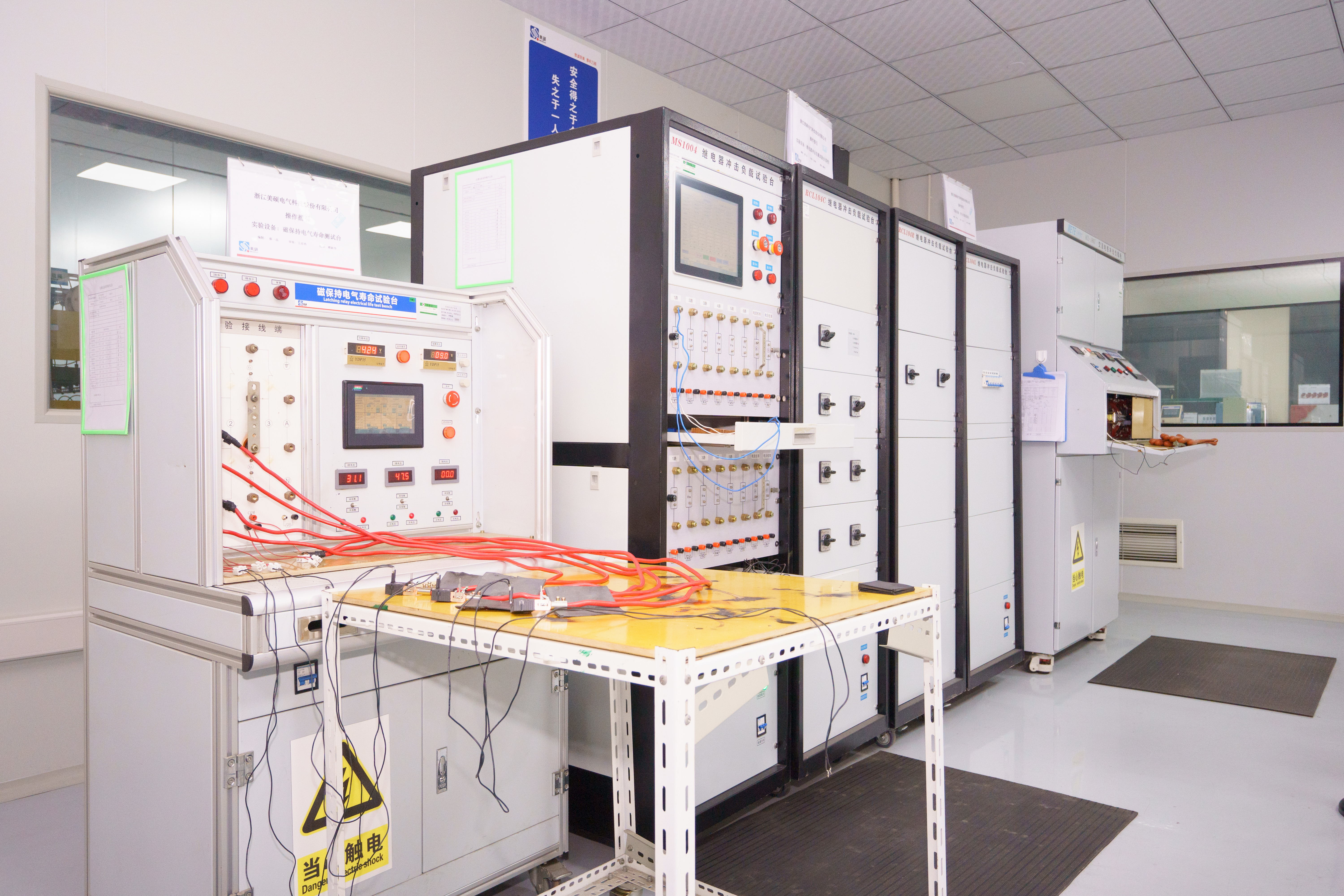the importance of relay lifespan testing: a focus on meishuo solutions
Release time:2025-05-01 16:17:01
Relay lifespan testing is an essential procedure in the world of electrical engineering, ensuring the reliability and durability of relays used in various industrial applications. Relays are fundamental components in controlling circuits, from automotive systems to complex machinery. Over time, these components are subjected to wear and tear due to repetitive operations, high loads, and environmental factors. Therefore, evaluating their lifespan through rigorous testing is crucial to ensuring consistent performance and preventing costly failures. One company at the forefront of providing innovative solutions for relay lifespan testing is Meishuo, a recognized leader in the field.

What is Relay Lifespan Testing?
Relay lifespan testing involves simulating real-world operating conditions to determine how long a relay can function before it begins to degrade or fail. This testing typically includes cycles of electrical switching, testing at different voltages and currents, and evaluating the relay’s behavior under various environmental conditions such as temperature, humidity, and vibration. The goal is to assess the relay’s ability to perform reliably over extended periods and identify potential failure points before they occur in real applications.
Lifespan testing can be done under different methodologies, ranging from basic endurance testing to more advanced simulations. These tests are designed to mimic the stress a relay would experience in its intended application. Factors such as switching frequency, load conditions, and the number of operations can all influence the test results.

